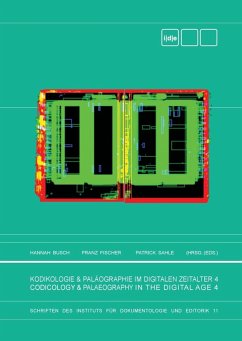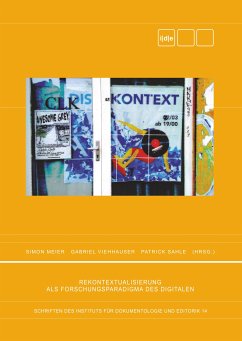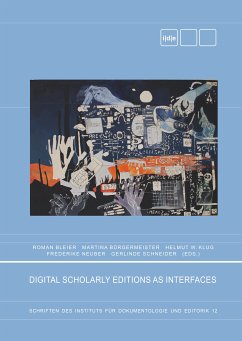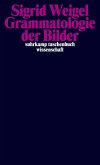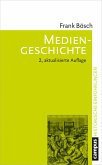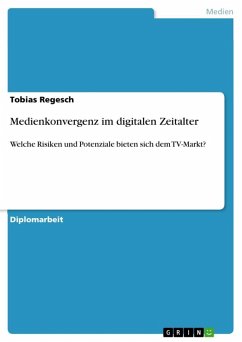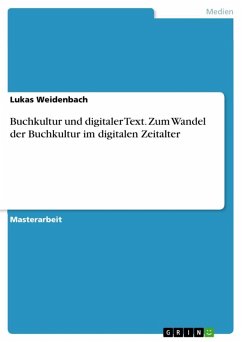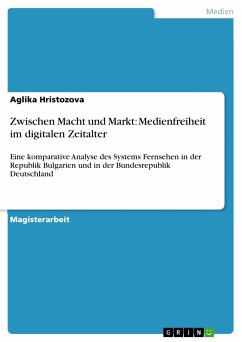Der hier vorliegende vierte Band der Reihe zu Kodikologie und Paläographie im digitalen Zeitalter versammelt Beiträge aus der Forschung im interdisziplinären Schnittfeld traditioneller Geisteswissenschaften und Informatik. Er ist zugleich der Tagungsband der in den Jahren 2014 bis 2016 durchgeführten Veranstaltungsreihe "Maschinen und Manuskripte". Die 13 Beiträge aus den Bereichen der digitalen Kodikologie und Paläographie geben Einblicke in aktuelle computergestützte Forschung mit historischen Schriftzeugnissen und schließt Untersuchungen zu Bildern und zur musikalischen Notation ein. Der thematische Rahmen spannt sich dabei von der Erforschung digitalisierter Sammlungen mittels automatischer Mustererkennung über die Erfassung und Analyse von Schrift und Zeichensystemen bis zur Informationsvisualisierung von Forschungsdaten. The present fourth volume of the series on codicology and palaeography in the digital age features articles on research at the interdisciplinary intersection of the fields of traditional humanities and computer science. At the same time it represents the proceedings of the conference series "Machines and Manuscripts" held from 2014 to 2016. The 13 contributions from the field give insights on current computer aided research with historical written documents including images and musical notation. The thematic framework ranges from exploration of digitized collections to recognition and analysis of script and sign systems to information visualisation of research data.
Dieser Download kann aus rechtlichen Gründen nur mit Rechnungsadresse in A, B, BG, CY, CZ, D, DK, EW, E, FIN, F, GR, H, IRL, I, LT, L, LR, M, NL, PL, P, R, S, SLO, SK ausgeliefert werden.

